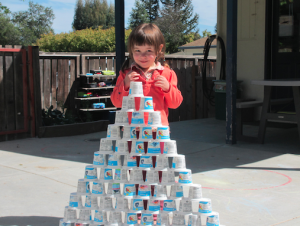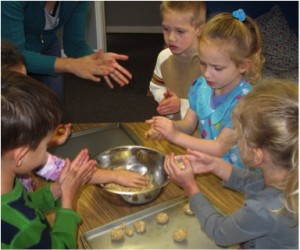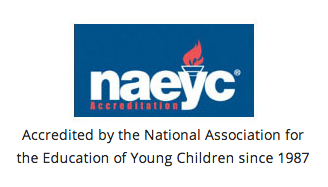There is a well-established opinion among early childhood professionals that play is an essential element of developmentally appropriate, high-quality early education programs. Play provides benefits for cognitive, social, emotional, physical, and moral development. To provide these benefits, play must be consciously facilitated by skilled teachers, who are well trained in observing children and in understanding how play contributes to each child’s proficiency in concepts and skills.
In play-centered preschool curriculum, teachers leverage children’s developing ideas, interests, and competencies to promote learning—through play, circle-time, and small-group activities. Play is not a break from the curriculum; play is the best way to implement the curriculum. Teachers facilitate through responsive interactions with children, based on an understanding of how play contributes to academic and social learning.
- They have many opportunities to apply mental representations of the world to new objects, people, and situations—the key ability for future academic learning.
- They integrate all types of learning—physical, social, emotional, intellectual, and language development.
- They are engaged in things they’re interested in, so they have a natural motivation to learn.
Embracing this philosophy, Trinity’s curriculum is specifically designed to nurture active learning in a practical yet exciting way though our self-directed environment. Throughout this process, our teachers help children develop skills in self-regulation, self-realization, and independent thought and expression.
Trinity offers a wide variety of daily activities in the areas of language arts, social studies, science, visual and performing arts, music, and dramatic play, based upon the California Preschool Learning Foundations.




